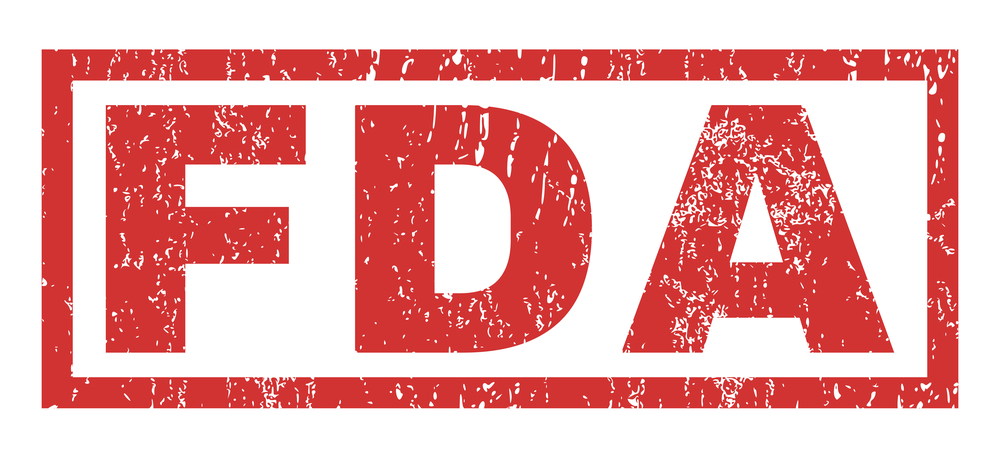Orphan Drug Act Isn’t Healthy for Patients with Rare Diseases, Study Suggests
Written by |

Current U.S. incentives aimed at developing orphan drugs to treat muscular dystrophy and other rare diseases may be helping pharmaceutical firms more than patients, suggests a study published in the Orphanet Journal of Rare Diseases.
The unmet needs of patients with such illnesses and the skyrocketing cost of newly approved orphan drugs show that the Orphan Drug Act (ODA), used by the U.S. Food and Drug Administration (FDA) for the past 34 years to stimulate this research, has not been effective enough.
For example, the corticosteroid Emflaza (deflazacort) — a newly FDA-approved drug to treat Duchenne muscular dystrophy (DMD) — originally was set to cost $89,000 a year, sparking vehement opposition by those with DMD. That led Marathon Pharmaceuticals to suspend commercialization of the drug until an agreement is reached on price, access and insurance coverage.
Likewise, Spinraza (nusinersen), which the FDA has approved in December to treat spinal muscular atrophy (SMA), costs a hefty $125,000 per injection.
“There is need to balance economic incentives to stimulate the development and marketing of orphan drugs without jeopardizing patients’ access to treatment,” the researchers wrote.
Congress enacted the ODA in 1983 to encourage the development and marketing of drugs to treat rare diseases and conditions. These orphan diseases each affect fewer than 200,000 Americans, yet more than 6,800 diseases and conditions exist, and anywhere between 25 million and 30 million Americans live with them.
But do the FDA’s incentives for drugmakers to develop effective therapies actually meet the needs of such patients?
To answer this question, a team of health policy researchers led by Dr. Rosa Rodriguez-Monguio at the University of Massachusetts-Amherst, in collaboration with Enrique Seoane-Vazquez at Massachusetts College of Pharmacy and Health Sciences (MCPHS University) analyzed all orphan designations and FDA approvals from 1983 to 2015.
Their report, “Ethical imperatives of timely access to orphan drugs: is [it] possible to reconcile economic incentives and patients’ health needs?” discusses the ethical imperatives for timely access to orphan drugs.
The researchers derived their data from the FDA Orange Book, which contains all the approved drug products with therapeutic equivalence evaluations, and the Office of Orphan Drugs Development.
They found that over the 32-year period, the FDA granted 3,647 orphan drug designations and 554 orphan drug approvals, corresponding to 438 different brand names. Among these, cancer drugs received the most approvals; also high on the approval list were drugs to treat hemophilia and acute lymphoblastic leukemia.
“This emphasis on cancer could represent a trend towards more stratified medicine or an attempt by the industry to use ODA incentives to approve oncology drugs for orphan drug indications that, once approved, are often used off-label,” the study’s first author, Dr. Rosa Rodriguez-Monguio, said in a press release.
She added that despite a jump in the number of FDA-approved orphan drugs since 1983 and dramatic increases in drug prices, “the economics of the orphan drug market remain controversial among some scholars and stakeholders.”
Pharmaceutical executives claim that the small number of patients affected by specific rare diseases makes it difficult to recover research and development (R&D) costs. That reduces alternatives to prevent and treat such diseases. However, the study’s authors argue that orphan drugs for very rare diseases can still be profitable.
Accelerated review processes, which allow the use of surrogate endpoints in clinical trials for rare diseases, have lowered R&D costs for orphan drugs, they said. In addition, high drug prices and a lucrative reimbursement system for these drugs has brought companies billions of dollars in revenues, though such factors have also limited access to treatment.
“While orphan drugs improve the health status and quality of life of patients, the cost of new orphan drugs also limit patients’ access to treatment,” the authors concluded. “The unmet needs of patients with rare diseases and conditions suggest that the current financial incentives are not efficiently stimulating orphan drug development and marketing”.





